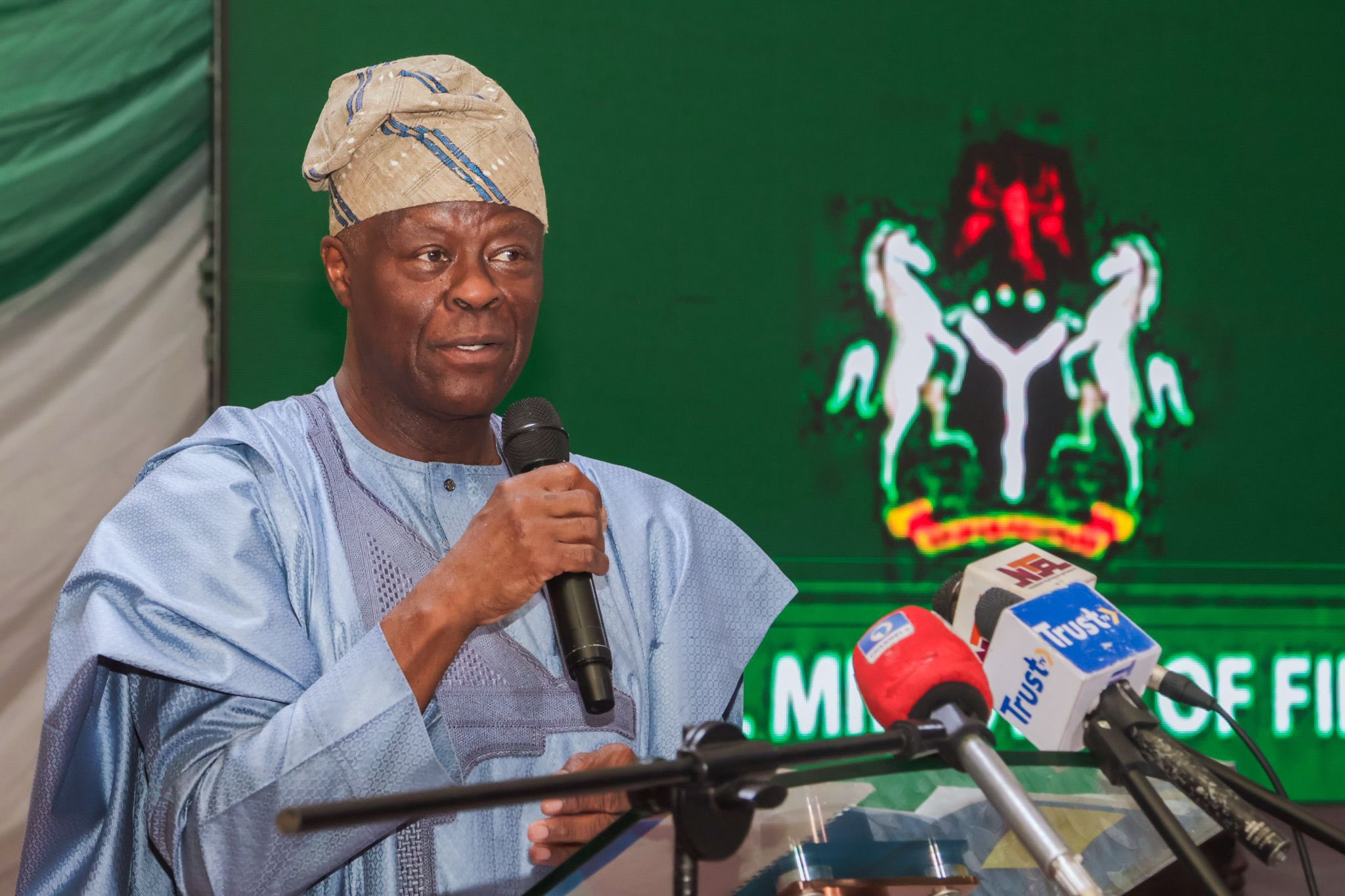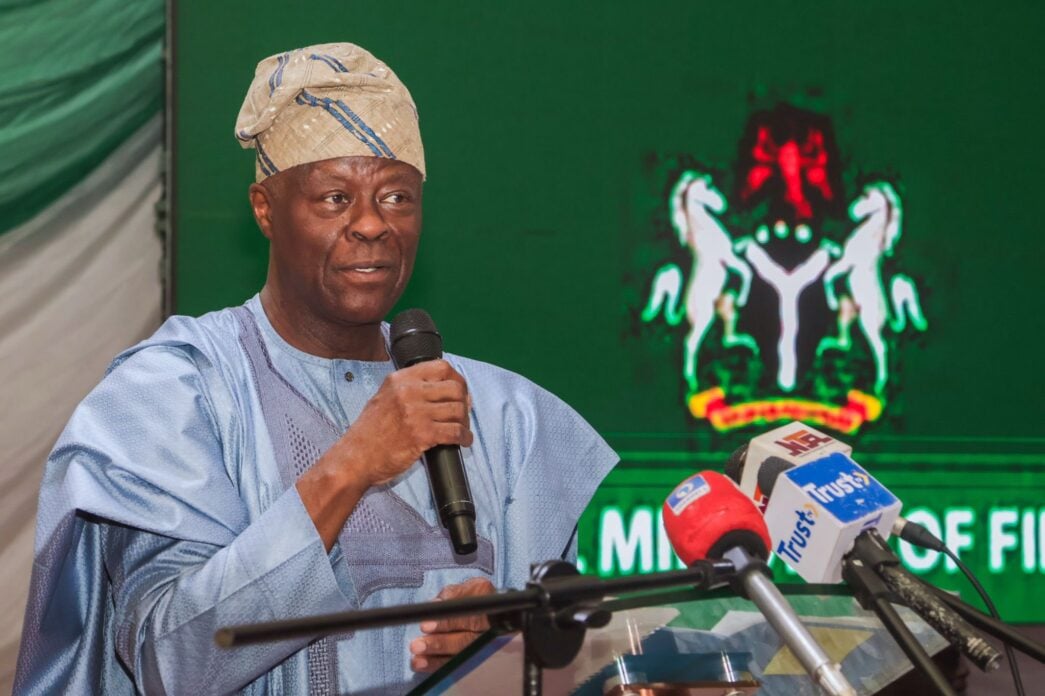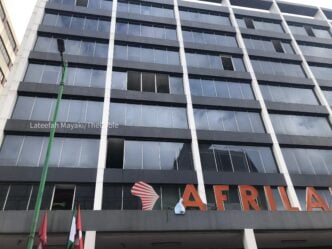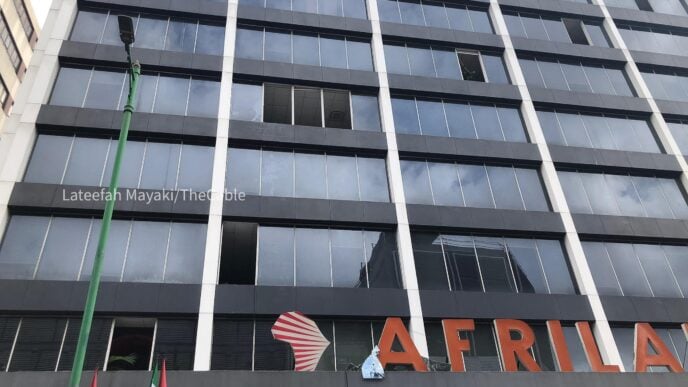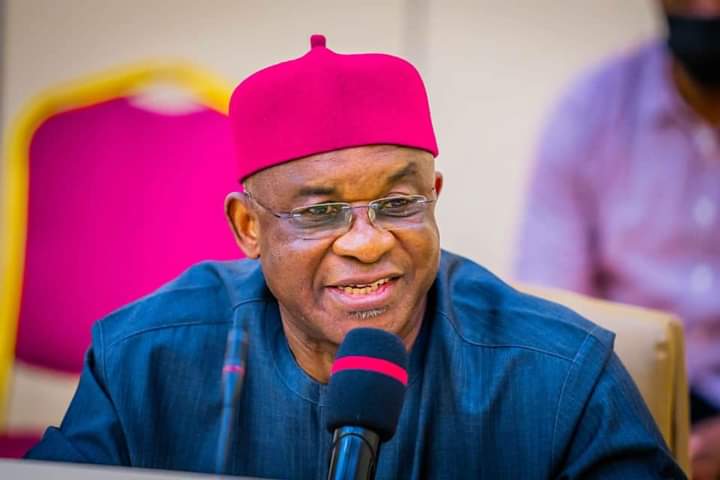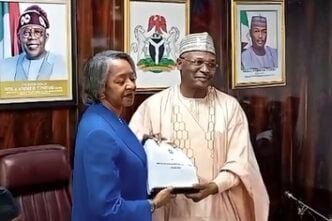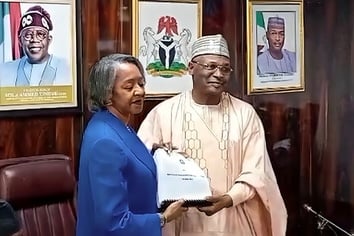Wale Edun, minister of finance and coordinating minister of the economy, says the federal government is determined to ensure full transparency in public finances by bringing all government funds under the supervision of the Central Bank of Nigeria (CBN).
Speaking at the ongoing 31st Nigerian Economic Summit (NES) in Abuja on Monday, Edun disclosed that the government only gained full visibility of its accounts with the CBN on August 1, 2025.
“We are determined to bring all federal government funds into visibility. There is a lot of government money lying outside the CBN,” he said.
The minister said the new fiscal reforms intend to strengthen accountability, improve efficiency, and ensure that every naira of public revenue is properly tracked.
Advertisement
To support this, Edun said the government has introduced a new federal billing system to monitor payments for goods and services, ensuring that all transactions are traceable and accurately recorded.
He explained that the reforms go beyond transparency to include measures that have boosted revenue available to all tiers of government.
The minister said allocation to states has increased by over 111 percent following the removal of the petrol subsidy and exchange rate unification.
Advertisement
“States are now awash with cash and additional funds are to empower states to drive growth and service delivery at the sub-national level,” Edun said.
Edun described the exchange rate unification and subsidy removal policies as the most significant reforms, freeing up about 5 percent of Nigeria’s gross domestic product (GDP) into the federation account.
The minister said the government had reached an agreement with the national assembly to ensure timely budget execution and restore adherence to the normal fiscal calendar.
‘FG MOVING AWAY FROM EUROBONDS’
Advertisement
“No more extensions of the budget into the next year, which has created so much confusion in the system,” Edun said.
“We have talked to the national assembly and agreed to restore normalcy in that space.”
The minister said consistent and disciplined budget implementation is key to transparency, better project delivery, and credible public expenditure tracking.
On debt management, Edun said the government is adopting a new borrowing mix to reduce exposure to eurobonds and other external loans.
Advertisement
“The government will make greater use of Sukuk, green bonds, and diaspora bonds instead of Eurobonds,” he said.
He noted that this strategy would expand domestic investment participation while aligning debt issuance with Nigeria’s sustainable development goals.
Advertisement
On inflation, the minister said government interventions began with deliberate fiscal policy adjustments and smarter spending priorities.
‘WEAK REVENUE GENERATION IS NIGERIA’S MAJOR FISCAL’
Advertisement
On her part, Patience Oniha, director-general of the Debt Management Office (DMO), said Nigeria’s public debt remains sustainable, noting that the country’s main fiscal challenge lies in weak revenue generation rather than excessive borrowing.
Addressing concerns about the country’s rising debt profile, Oniha said Nigeria’s debt-to-GDP ratio, at about 40 percent, is still well below the international benchmark for emerging economies.
Advertisement
“When people talk about Nigeria’s debt-to-GDP ratio, they often forget that the international benchmark for countries like ours is about 70 percent,” she said.
“At 40 percent, Nigeria remains below that threshold.”
The DMO chief, however, said the real concern is Nigeria’s debt service-to-revenue ratio, which measures how much of the country’s income is spent on debt repayment.
“If a large portion of revenue goes to debt service, less will be left for development projects,” she said.
Oniha said improving government revenue remains the most effective way to ensure long-term debt sustainability.
“The focus should be on growing revenue so that the debt service-to-revenue ratio can be lower,” she said.
“When revenues rise significantly, the rate of borrowing will slow down, and the government can service debts conveniently while still funding critical projects.”
She noted that all debt servicing provisions are incorporated into the medium-term expenditure framework (MTEF) and the national budget, ensuring predictability and transparency in the country’s debt strategy.
Oniha stressed that maintaining fiscal discipline and strengthening revenue mobilisation are key to sustaining Nigeria’s debt position while supporting infrastructure and social investments.
